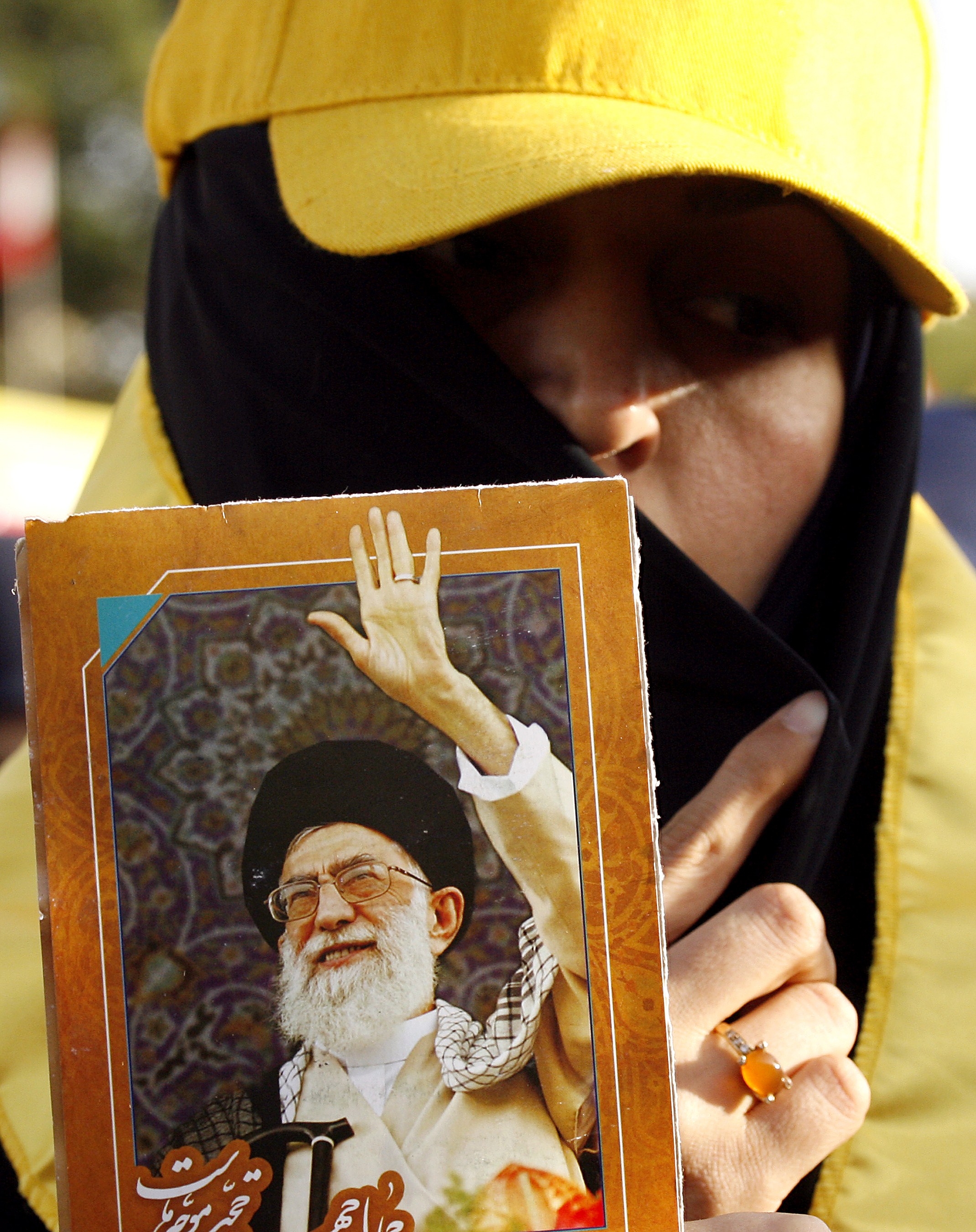The number of our Egyptian athletes publicly testifying to their faith has drastically increased in the last few years. Increasingly, the athletes are wrapping not only themselves in religion but also their exploits in religious significance. Such testimonies have all become an accepted part of the game today. At least they’ve been accepted by the players and their fans.
But it still came as a surprise, at least to some, when Hassan Shehata, the coach of Egypt s national soccer team, recently stated he only wanted players who observe Islam and the selection of his squad was to be based equally on religious piety and skill.
Shehata, who last month guided Egypt to yet another African Cup crown, was quoted by several Cairo newspapers as saying skill alone would not guarantee anyone a place on the national team, and that pious behavior was the main category for selection. Without it, we will never select any player regardless of his potential.
For years, Egyptian athletes have demonstrated their religious piety in front of fans, and perhaps the media – kneeling down to offer a prayer of thanks after scoring a goal or winning a game, or praying before games to implore Allah to come to their team s aid.
Outward displays of belief are also apparent abroad, with the sign of the cross that many soccer players make before a game begins or after they score a goal. For many athletes at all levels, religion and sport go hand-in-hand.
But Shehata s comments take religion in sports to a whole new level. Suppose there are players who are good but not religious? Would Shehata not pick them? There are no Christians in the current national soccer squad but suppose there were, like the former star Hani Ramzi? Would Ramzi not be included in today s line-up?
While some athletes like to display their religion to the public, others might feel comfortable by just keeping religion a private issue, and that should be perfectly fine. But apparently, on Shehata s team, you must show one and all that you believe.
Shehata boasted of how he convinced Egyptian striker Mohamed Zidan to pray.
I did not like how he used to be aloof and not mix with the rest, Shehata has said. I convinced him of the need to pray and how important it is. He has been praying since.
All in all, religion is a daily part of many people s lives but if they do not want to display it, then that should not cause a ruckus on a team or in society.
One newspaper quoted Shehata as saying that striker Mido, who is said to enjoy a reputation for hard partying, was cut just before the African Cup because he did not fit the manager s prerequisite for piety. It was a surprise decision given that Egypt already was missing through injury quality players.
If Mido is good, he is nevertheless not the chosen one because he parties, and does not pray?
And how can Shehata, the media or the public be so sure of the insides of athletes, that they are true believers and not just seekers after prime time? And what about people in general who dutifully pray every time they have to, without fail, but do not practice what they overtly show?
Professional athletes tend to garner the spotlight when it comes to religion. When people see athletes exhibiting their religion, it makes them think about it more. If they are setting an example by openly displaying their religious faith, then that small pre-game group prayer or that little five-second prayer on the field won t hurt.
But open displays of religion should not be a public relations stunt. Nor should you pray to hope to win, to beat every other team. You pray to ease your mind and get in your element. It should make you feel calm, that you are not alone and that you have help. It should help you take a moment to reflect on what you did and what s coming up.
Shehata makes no secret of the big role religion plays in what he does; now evidently, in his decision-making. I always strive to make sure that those who wear the Egypt jersey are on good terms with God.
Having won the continental trophy for a record third time in succession, few would argue with Shehata s formula of success.
But some would suggest a religion’s place should be restricted to its holy house – a mosque, a church – not in the aftermath of 90 minutes of tackling, fouling, spitting and cursing.
